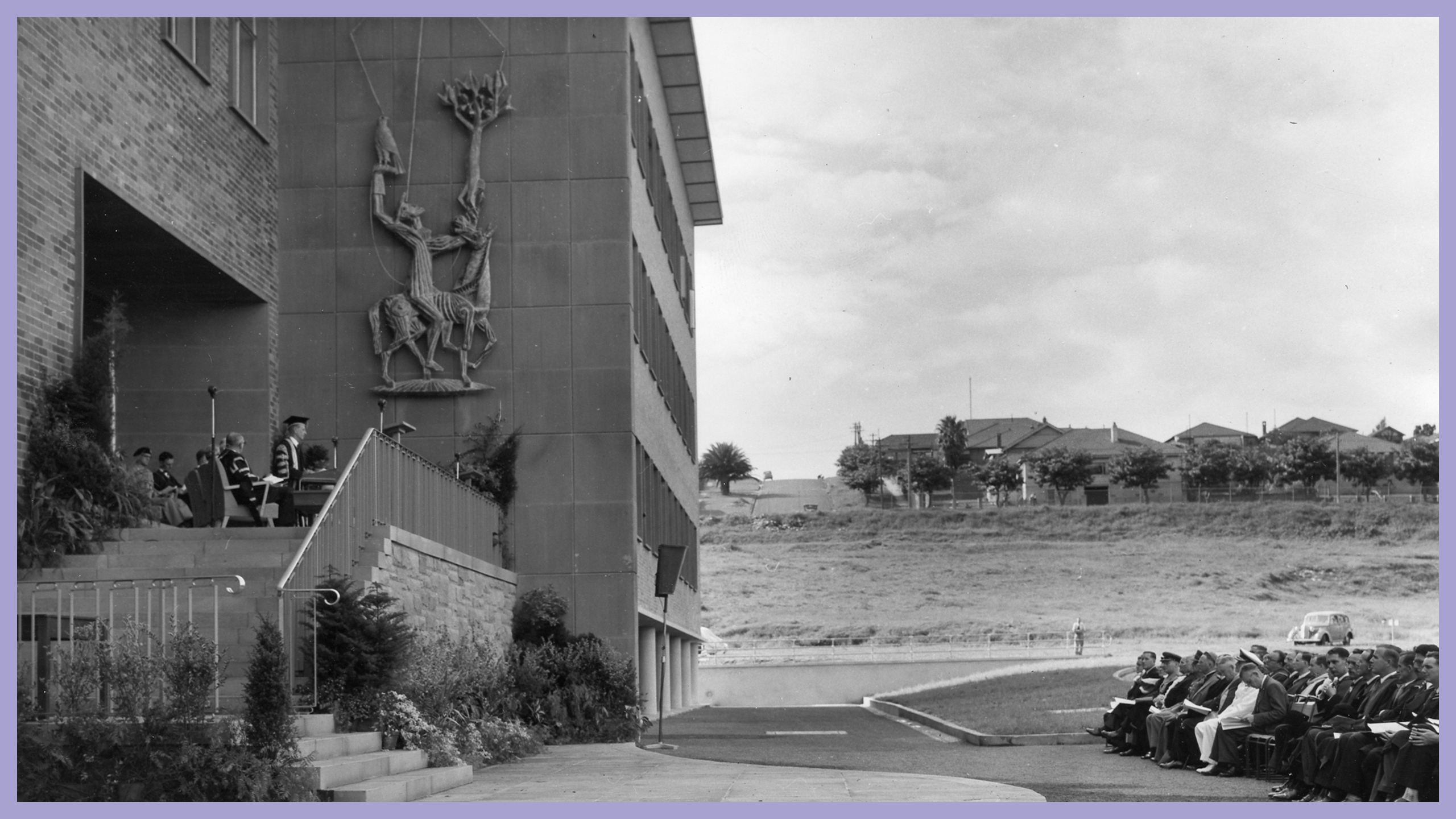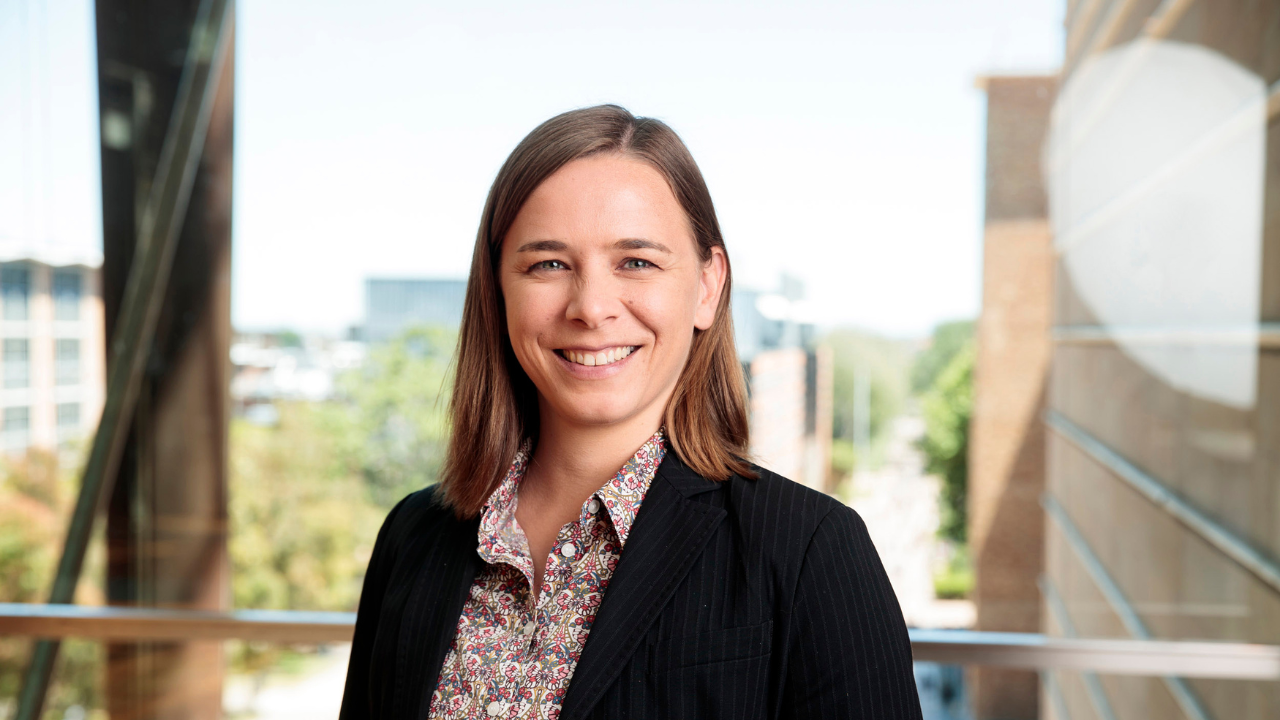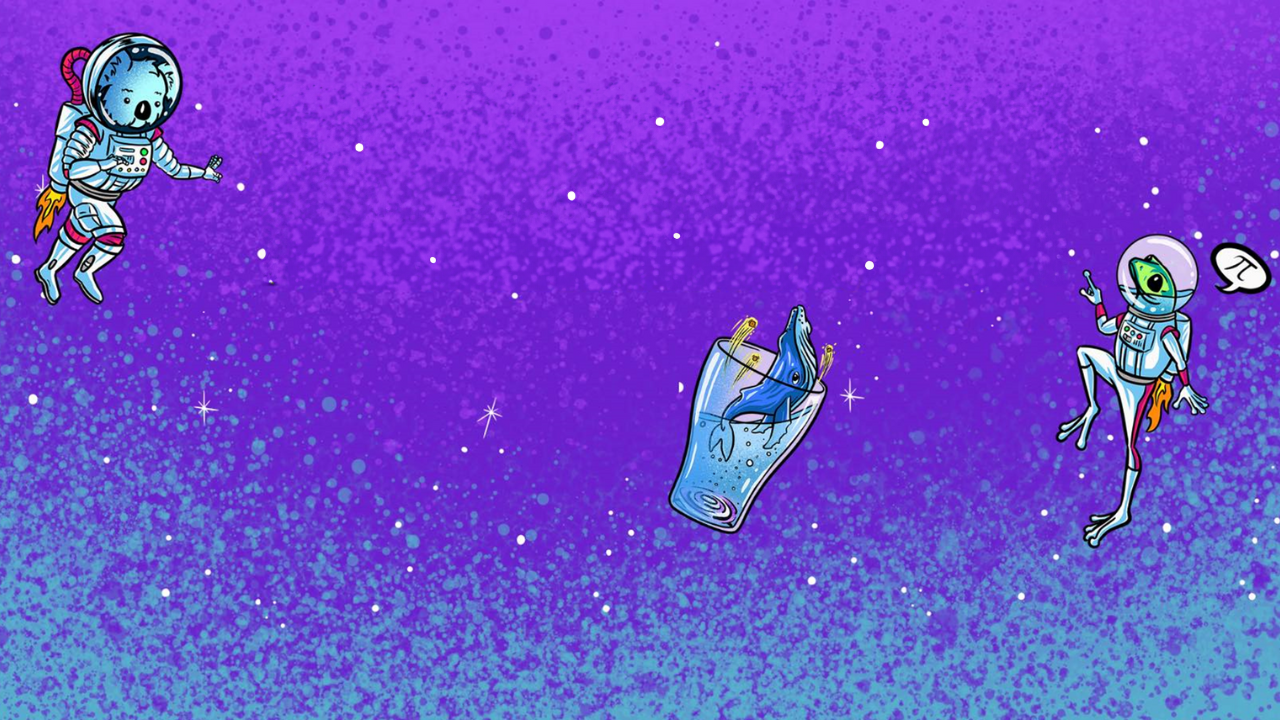A better conversation: Changing the public discourse about refugees

How can we create a more constructive public conversation about refugees?
As politics steers to the extremes, who’s seizing the moment and the messages about refugees – and how? Have we passed peak xenophobia? Will new voices be heard? Do stories – and the way we tell them – make a difference in today’s fractured information landscape?
Join us online for this featured panel discussion from the 2022 Kaldor Centre Conference, 'Turning points: New directions in refugee protection'.
Participants from a refugee background and students can register for a free ticket here.
Image credit: Antoine Tardy UNHCR
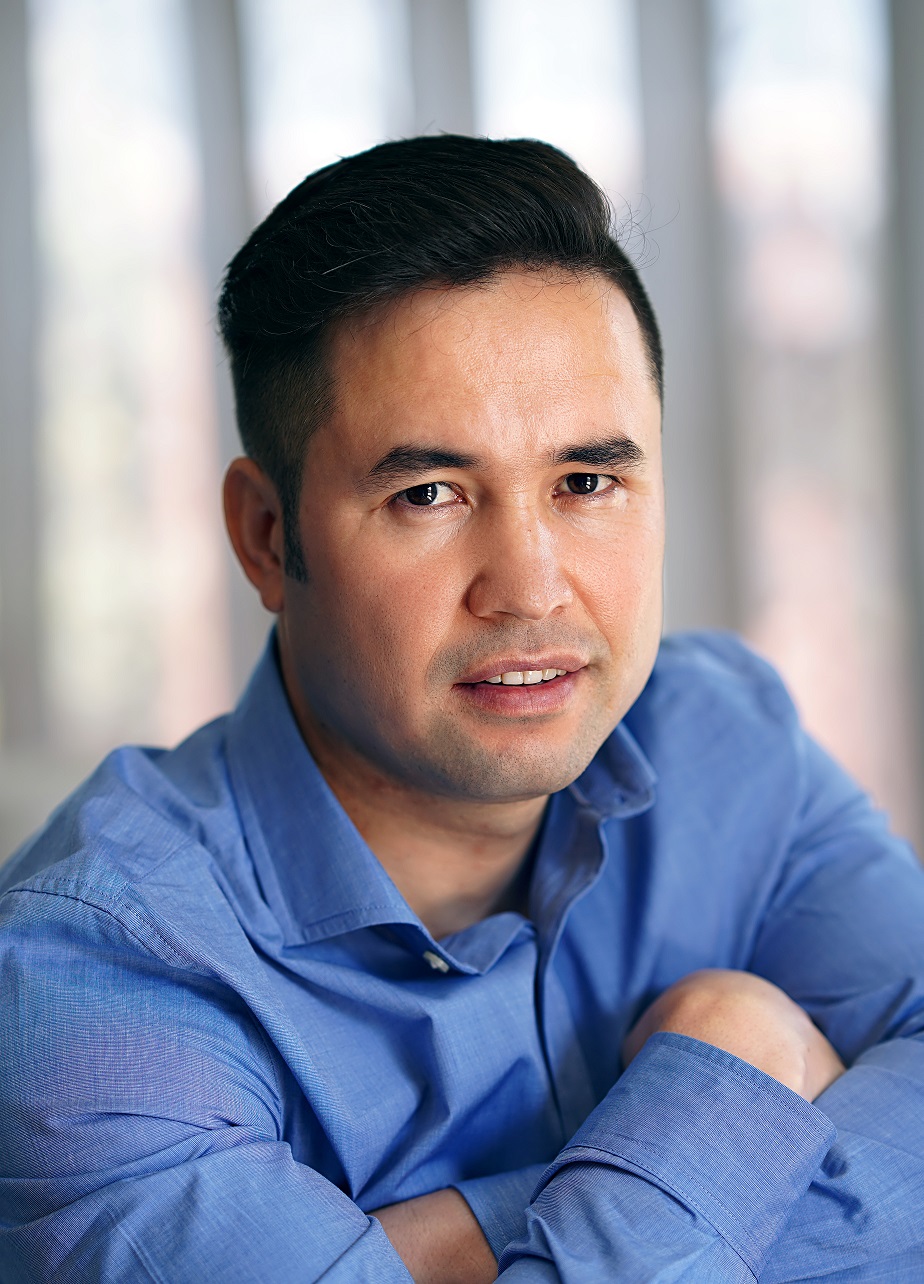
Barat Ali Batoor
Photojournalist and filmmakerBarat Ali Batoor is a multi award-winning photographer and filmmaker. His photographs were exhibited across the world including the U.S., Europe, Asia and Australia. His works have been published in The Washington Post, Newsweek, New York Times, Wall Street Journal, The Guardian, Stern, India Today, Risk Magazine, The Global Mail, The Daily Mail, The West Australian, Strategic Review and others. He participated in “Lahore Artist Residency” by VASL in Lahore, Pakistan and was the 2009 recipient of a photography grant from New York’s Open Society Institute for the project “The Dancing Boys of Afghanistan”. Batoor’s documentary film ‘Batoor: A Refugee Journey’ won an award for the ‘Best Director’ at the Melbourne Documentary Film Festival. The film was also nominated for the 2021 Walkley Documentary Award. Batoor currently works as an Organiser with the Asylum Seeker Resource Centre and teaches photojournalism at RMIT University in Melbourne, Australia. Batoor also spoke at the TEDxIIITV on the topic of ‘The struggle of Identity and Belonging’.
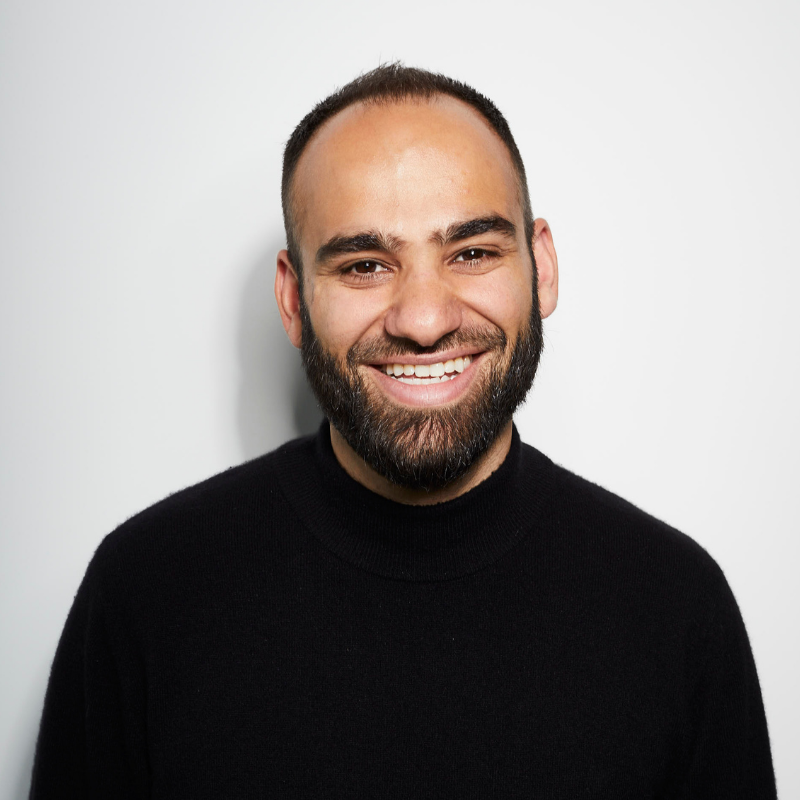
Tom Hashemi
Managing Partner, Cast from ClayAs a teenager Tom Hashemi took extremist websites offline… before turning to more constructive habits. Today, Tom Hashemi is focused on improving the relationship between policy experts and the public. Tom has responsibility for organisational development and team building at Cast From Clay. A communications strategist by background, he has worked across a variety of policy and political clients, including the Atlantic Council, NATO Engages, the Nuclear Security Working Group, OECD, Stimson Center, War on the Rocks, and the World Resources Institute. Formerly at Edelman, Reputation Leaders and Black Swan, Tom’s former corporate client list includes KPMG, Syngenta, Toyota, Aviva, Unilever, Vodafone, PayPal, and ManpowerGroup. He has an MA in Terrorism Security & Society from King’s College London, a BA (Hons) in Middle Eastern History from the University of Manchester, and is a graduate of Google’s Squared Online digital marketing academy.
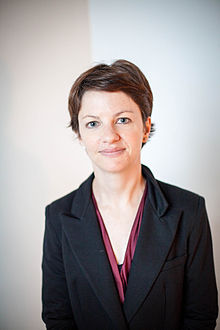
Amanda Ripley
Author and journalistAmanda Ripley is a New York Times bestselling author, an investigative journalist and host of the Slate podcast How To! She’s also the co-founder of Good Conflict, a company that creates workshops and original content to help people get smarter about how they fight. Amanda has spent her career trying to make sense of complicated human mysteries, from how people get out of dysfunctional conflicts to how countries educate virtually all their kids to think for themselves. Amanda’s most recent book is High Conflict: Why We Get Trapped and How We Get Out (Simon & Schuster, 2021). Her previous books include The Unthinkable: Who Survives When Disaster Strikes—and Why, and New York Times bestseller The Smartest Kids in the World, both of which were turned into documentary films. She recently reported for Politico about members of Afghanistan's Female Tactical Platoon who were evacuated to the United States, in 'The Untold Story of the Afghan Women Who Hunted the Taliban'. For the Atlantic Magazine and other outlets, she has written feature stories on how journalists could do a better job covering controversy in an age of outrage, amongst other issues. In her writing, Amanda combines storytelling with data to help illuminate hard problems—and solutions.
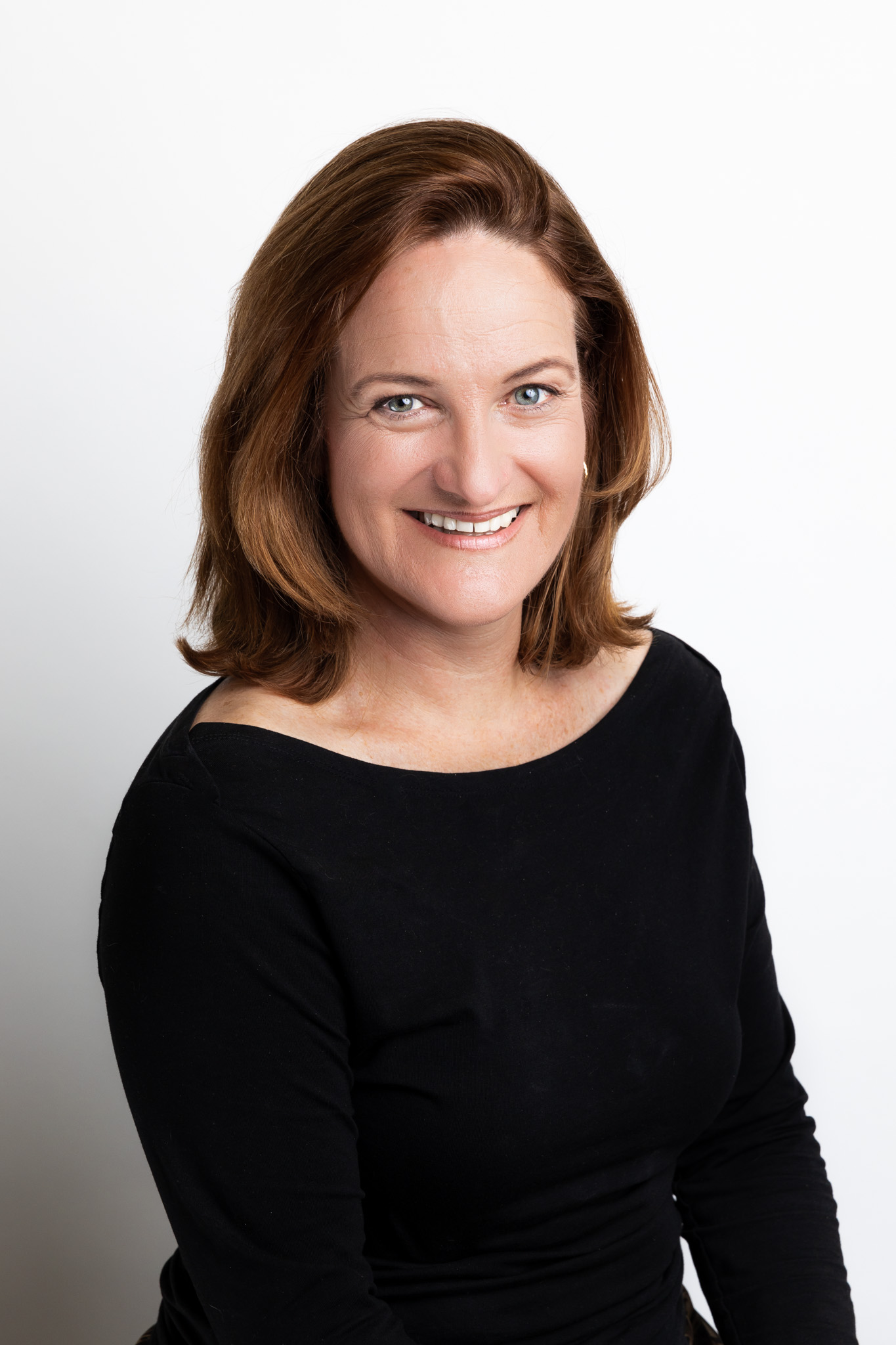
Lauren Martin
Chair, Kaldor Centre for International Refugee LawLauren Martin was appointed the Kaldor Centre’s first Communications Manager in 2016, joining from the Sydney Opera House, where she was Head of Communications. An award-winning journalist, she co-produced the Kaldor Centre’s storytelling project, ‘Temporary’. She was an editor in Australia at The Sydney Morning Herald and later of The Global Mail, appearing in that capacity at the Sydney and Melbourne Writers Festivals. In the United States, she was Managing Editor of the [Martha’s] Vineyard Gazette and Washington Editor for Institutional Investor publications. She earned a BA in Journalism and Political Science (Phi Beta Kappa) at the University of North Carolina-Chapel Hill.
